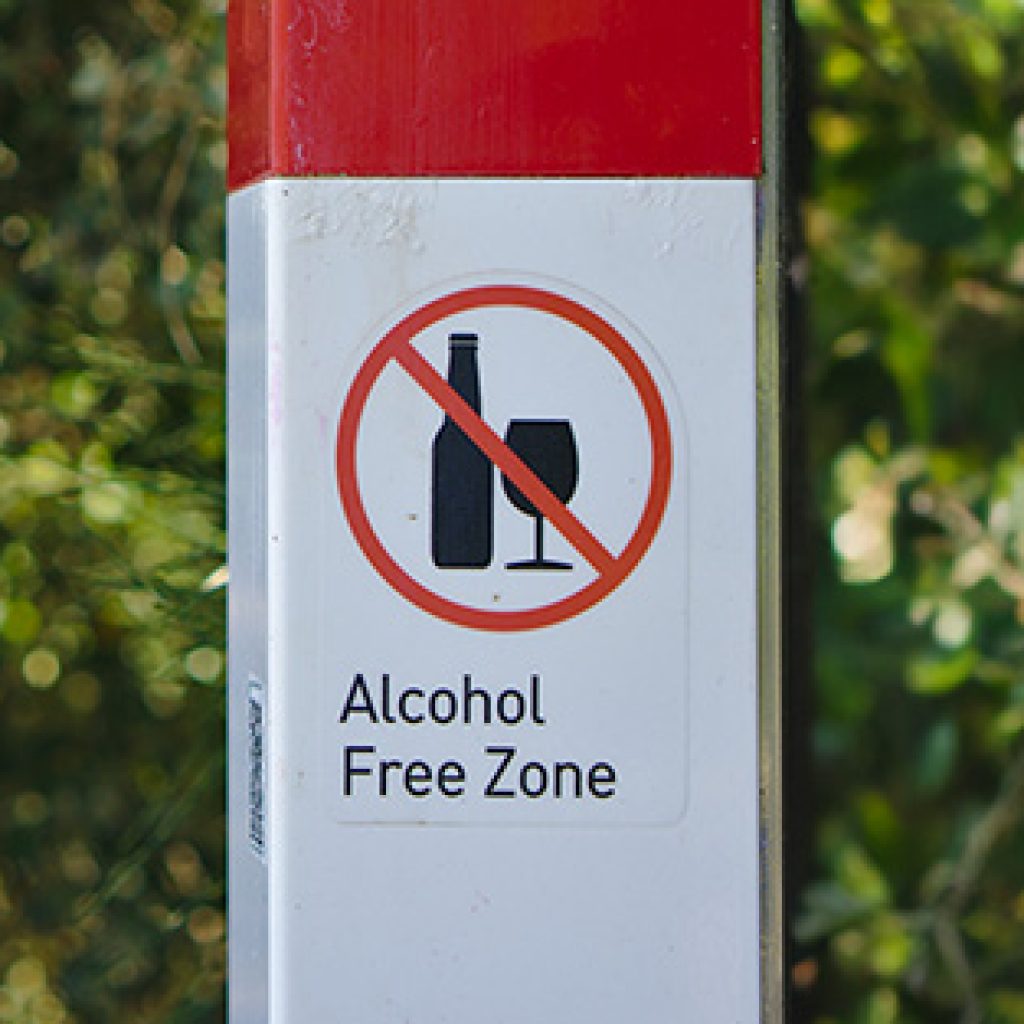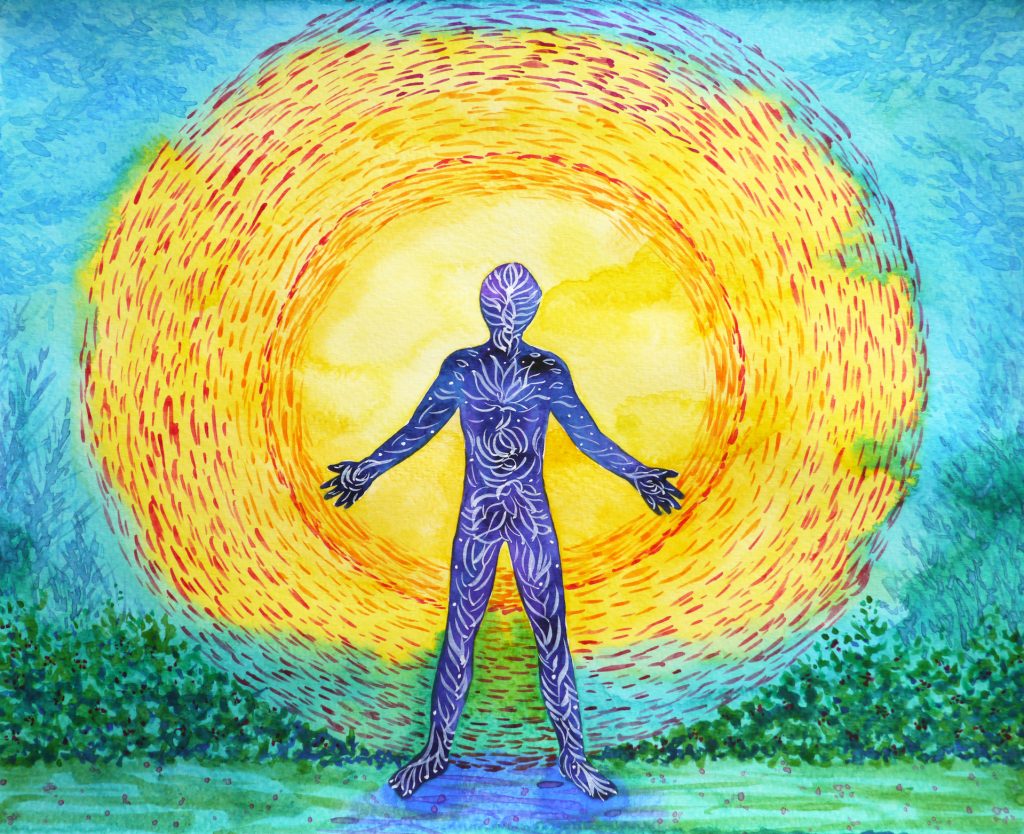Ho-Ho-Ho or No-No-No: Stress, Recovery, and Coping During the Holidays
Ho-Ho-Ho or No-No-No: Stress, Recovery, and Coping During
the Holidays
Alcohol as an Ongoing Health Concern
Alcohol is implicated in over 200 separate health conditions and carries over 5.1% of the global burden of disease and industry and 3.3 million deaths (Stockwell, et al., 2018; WHO, 2014). A recent meta analysis of 694 data sources of both individual and population-level alcohol consumption suggests that for almost 10% of deaths globally for populations between 15 and 49 years of age alcohol is the leading risk factor. To quote the study authors “Our results show that the safest level of drinking is none.” (Griswold, et al., 2016). And yet drinking increases in many countries around the world during many holidays as well (Bellis et al., 2015; Goldman, et al., 2011; Kushnir & Cunningham, 2014; Lloyd, et al., 2013; Shuckit, et al., 2016).
Women and Alcohol During the Holidays
Women experience more stress during the holidays, tend to do less to cope than ever before, and may use unhealthy behaviors to manage during the holidays, according to an Americana Psychological Association (APA) study. The telephone study found that “Juggling work and added family responsibilities, such as planning for holiday gatherings, shopping for gifts and cooking, leave most women feeling like they can’t take time to relax during the crunch to get everything done for the holidays. Survey findings show that added holiday stress, on top of already disproportionately high stress levels in women year-round, makes it hard for women to relax. This increases the likelihood that they will turn to unhealthy behaviors like using food to deal with stress (41 percent) or drinking alcohol (28 percent)” (APA, 2006). Such strategies, (or lack thereof) may be successful in the short term, but may result in health issues in the long run for women, who report more stress that men during the holidays. While both men and more women report increased levels of stress during the holiday season, women cite lack of time, lack of money, and pressure to give or get gifts more than men. And people who experience stress report more psychological and physical symptoms, such as:
- feeling nervous or sad
- symptoms of fatigue
- inability to sleep or sleeping too much
- lack of interest, motivation or energy
- headaches
- muscular tension
- frequent upset stomach or indigestion
- change in appetite
- feeling faint or dizzy
- tightness in chest
- change in sex drive
Additional causes of increased alcohol consumption during the holidays may include interpersonal conflicts and holiday blues.
Positive Ways to Cope With Stress
People can do many things to help themselves cope with stress, and often time constraints with so much to do during the holidays and so little time to do it makes some people put their own needs on the “back burner.” The following suggestions are for everyone, including those in recovery and those supporting a friend or loved one in recovery:
- Try to remember to focus on yourself, particularly if you are in recovery. Taking care of yourself includes protecting your hard-won sobriety. Use AA and other 12-Step meetings, meet with your sponsor, and be prepared to leave events and celebrations early if need be.
- If necessary, disregard the views of others: “As is common in family gatherings, everyone delves into everyone else’s business,” according to Indra Cidambi, M.D., Medical Director, Center for Network Therapy. “Recovery, however, should not be a topic of conversation. An individual with a past history of drug or alcohol abuse should expect to deal with residual anger or resentment due to their past behavior,” says Dr. Cidambi. “It is important to maintain composure and let go of resentment when confronted. What others think about them is not important at this juncture.”
- Use activities to engage yourself. In planning activities, consider your or others’ recovery. Use positive and self-care activities such as AA or Al-Anon meetings to stay socially active during the holidays and not isolated. “Loneliness is a trigger,” according to Dr. Cidambi. Some people even carve out time for volunteering during the holidays to make a contribution that helps others, and gives the volunteer instant happiness and a sense of accomplishment.
Join the conversation in our comments section:
What coping suggestions do you have to share? For behavioral health providers: what resources to you provide for your clients?
For additional information on coping with stress, recovery, and navigating holidays successfully, read these related CASAT OnDemand blog posts:
Supporting Recovery: What Recent Research Tells Us
Tips for Avoiding Alcohol Over the Holidays
Six Reasons to Celebrate a Sober July 4th
What the Latest Research Says about Recovery, Stigma, and the Language We Use
For additional resources, visit the CASAT OnDemand Resources & Downloads page.
References
APA survey shows holiday stress putting women’s health at risk – video available; added holiday stress increases women’s reliance on unhealthy behaviors more often than men. (2006, ). PR Newswire
Bellis, M. A., Hughes, K., Jones, L., Morleo, M., Nicholls, J., McCoy, E., . . . Sumnall, H. (2015). Holidays, celebrations, and commiserations: Measuring drinking during feasting and fasting to improve national and individual estimates of alcohol consumption. BMC Medicine, 13(1), 113. doi:10.1186/s12916-015-0337-0
Goldman MS, Greenbaum PE, Darkes J, et al. How many versus how much: 52 weeks of alcohol consumption in emerging adults. Psychol Addict Behav. 2011;25(1):16–27.
Griswold, M. G., Fullman, N., Hawley, C., Arian, N., Zimsen, S. R. M., . . . SCOHOST (Stockholm Centre for Health and Social Change). (2018). Alcohol use and burden for 195 countries and territories, 1990-2016: A systematic analysis for the global burden of disease study 2016. The Lancet, 392(10152), 1015.
Kushnir V, Cunningham JA. Event-specific drinking in the general population. J Stud Alcohol Drugs. 2014;75(6):968–972.
Lloyd, B., Matthews, S., Livingston, M., Jayasekara, H., & Smith, K. (2013). Alcohol intoxication in the context of major public holidays, sporting and social events: A time–series analysis in melbourne, australia, 2000–2009. Addiction, 108(4), 701-709. doi:10.1111/add.12041
Schuckit MA, Smith TL, Clausen P, Skidmore J, Shafir A, Kalmijn J Alcohol Clin Exp Res. 2016 Apr; 40(4):889-96.
Stockwell, T., Zhao, J., Sherk, A., Rehm, J., Shield, K., & Naimi, T. (2018). Underestimation of alcohol consumption in cohort studies and implications for alcohol’s contribution to the global burden of disease: Underestimation of alcohol consumption. Addiction, 113(12), 2245-2249. doi:10.1111/add.14392
World Health Organization. Global status report on alcohol and health 2014. Geneva: World Health Organization; 2014.
Blog Post Tags:
Related Blog Posts
Related Learning Labs
Related Resources
.
- Buscar Tratamiento de Calidad para Trastornos de uso de Sustancia (Finding Quality Treatment for Substance Use Disorders Spanish Version)
- Finding Quality Treatment for Substance Use Disorders
- Focus On Prevention: Strategies and Programs to Prevent Substance Use
- Monthly Variation in Substance Use Initiation Among Full-Time College Students
- The National Survey on Drug Use and Health (NSDUH) Report: Monthly Variation in Substance Use Initiation Among Adolescents








